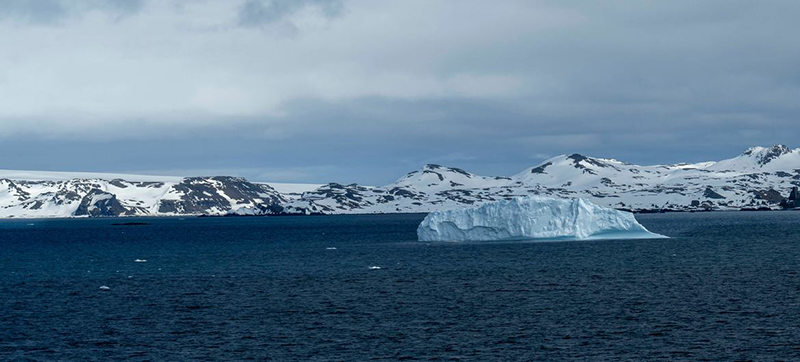 COP28
COP28
COP28 Dubai Summit: UN says climate change surged alarmingly over the past decade
The past decade has been confirmed the warmest ever recorded, continuing an alarming 30-year trend that the UN weather chief said on Tuesday is “unequivocally driven by greenhouse gas emissions from human activities.”
Marked by record breaking land and ocean temperatures, the decade between 2011-2020 saw continued rising concentrations of greenhouse gasses that “turbo charged” dramatic glacier loss and sea-level rise, according to a new report from the UN World Meteorological Organization (WMO).
The report comes as the latest annual UN climate conference, COP28, reaches its midway point in Dubai, where countries have agreed on a new voluntary fund to pay vulnerable nations for losses and damages due to climate change.
But tough negotiations are ahead in the coming days regarding targets to curb greenhouse emissions and the phase out fossil fuels.
‘Profound’ impacts on Polar, mountain regions
The WMO Decadal State of the Climate report, which was launched in Dubai, reveals that between 2011 and 2020, more countries reported record high temperatures than in any other decade.
It also sounds the alarm at the “particularly profound transformation” taking place in the polar regions and high mountains.
WMO goes on to warn that climate shocks are undermining sustainable development, with a dire impact on global food security, displacement, and migration.
“Each decade since the 1990s has been warmer than the one before it, and we see no immediate sign of this trend reversing,” WMO Secretary-General Petteri Taalas said, and underscored: “We are losing the race to save our melting glaciers and ice sheets.”
“We have to cut greenhouse gas emissions as a top and overriding priority for the planet in order to prevent climate change spiralling out of control,” he urged.
‘A glimmer of hope’
The report paints a grim picture but it also highlights positive developments, including that successful international efforts to phase out ozone-depleting chemicals under the Montreal Protocol have resulted in a smaller Antarctic ozone hole during the 2011-2020 period.
In addition, advancements in forecasts, early warning systems, and coordinated disaster management have reduced casualties from extreme events, even though economic losses have increased, the WMO researchers observed.
Overall, however, the report underscores the need for more substantial measures. Indeed, while public and private climate finance nearly doubled from 2011 to 2020, a sevenfold increase is necessary by the decade’s end to meet climate objectives.
COP28: Tuesday’s climate action in Dubai
The UN climate conference will continue its work on Tuesday focusing on issues that include scaling up financing for the Paris Agreement, ensuring a climate resilient energy sector and a dialogue with indigenous peoples.
Will COP28 go down in history as a turning point for climate action? The world’s largest climate gathering under way in Dubai, United Arab Emirates, will identify what more needs to be done to reach Paris Agreement targets set in 2015 and set the agenda for years to come.
UN chief António Guterres has said the Conference of Parties to the UN Convention on Climate Change (UNFCCC) “must commit countries to triple renewables capacity, double energy efficiency, and bring clean energy to all, by 2030.”
In Dubai he reiterated calls for a complete phase out of fossil fuels to limit temperature rise to 1.5 degrees Celsius – while ensuring that the transition is equitable and just.
In an early COP 28 win, the loss and damage fund designed to support climate-vulnerable developing countries was brought to life on the first day of the gathering. Leaders have pledged hundreds of millions of dollars so far, while humanitarians have stressed the need to include affected communities in decisions on funding allocation.
Now all eyes are on countries’ ability to use the conclusions of the global stocktake – an inventory of progress on slashing greenhouse gas emissions and boosting climate adaptation and finance – as a springboard towards more ambitious climate action plans.
Support Our Journalism
We cannot do without you.. your contribution supports unbiased journalism
IBNS is not driven by any ism- not wokeism, not racism, not skewed secularism, not hyper right-wing or left liberal ideals, nor by any hardline religious beliefs or hyper nationalism. We want to serve you good old objective news, as they are. We do not judge or preach. We let people decide for themselves. We only try to present factual and well-sourced news.







